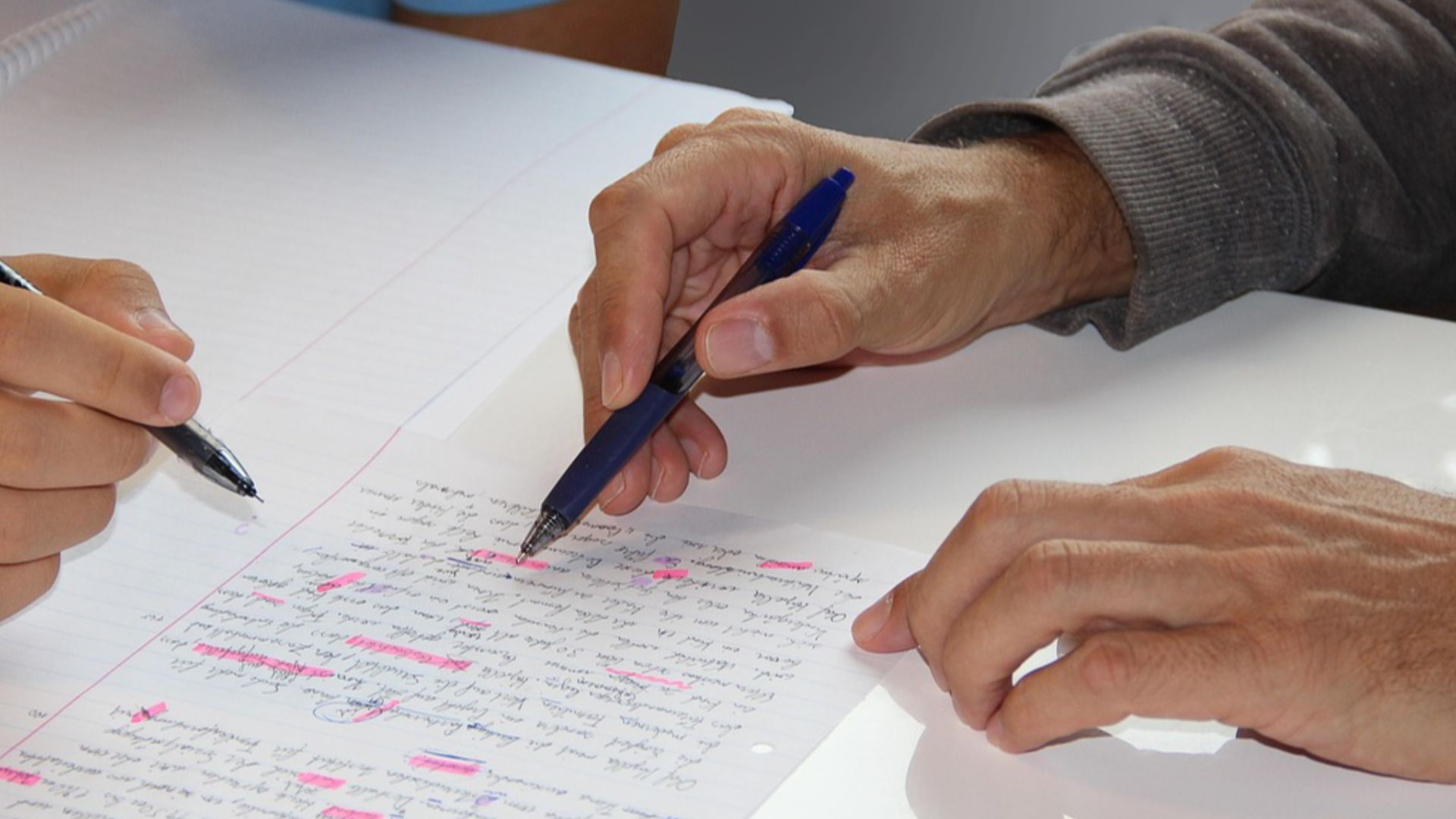Children learn at different paces, making it challenging for parents to recognize when their child might need extra help because they are struggling with one or more subjects. With academic pressure on the rise and teachers stretched thin, tutoring has become a viable and effective tool to fill a student's educational gap.
Tutoring isn't just for students who have fallen behind in math or history. It can help strong students excel further, build confidence, strengthen specific skills, and stay on track academically. The important thing is to recognize when a tutor makes sense and to do so early enough so that it can pay off.
You need to understand the signs that indicate your child could benefit from a tutor. Some are subtle, and others are overt, but every parent needs to be aware of them and keep a close eye.
Changes in Grades or Confidence
The earliest and biggest indicator that a student needs a tutor is when they experience a dramatic shift in their academic performance and grades. A sudden drop in grades or a series of low test scores can signal that a student is falling behind. This issue can be more about pacing than ability, meaning that lessons are moving at a faster pace than a student can process and comprehend.
When their academic performance declines, a student can lose their confidence. Subjects that they once felt comfortable in are now causing them frustration and anxiety. For instance, if a student once enjoyed reading but is suddenly resistant to reading assignments, they might be hinting that they need extra help and support.
Signs of Academic Stress
A common sign that a student needs a tutor is if they are struggling to complete their homework regularly. If an assignment that should take an hour is taking multiple hours, then your child might be feeling overwhelmed and might not possess the skills to complete their homework. Tutoring can help a student feel less frustrated and can improve their learning retention.
Parents should look for signs, such as frustration, procrastination, aor their child saying things like "I'm bad at school." A tutor can provide more personalized guidance to resolve some of these issues and help rebuild their academic abilities and confidence.
A tutor also provides focused academic time away from the pressure of school. This can help your child feel more at ease when learning.
Gaps in Foundational Skills
If your child is missing key building blocks in their education, then you should consider hiring a tutor to develop these skills. These gaps can stem from frequent school absences, interruptions to their education, or moving from one school system to another.
Tutoring can also help students navigate academic transitions, including entering high school, switching to a teacher with a different style, or upgrading to more advanced courses. Some parents choose to hire a tutor proactively to help their kids adapt to changes in academic expectations.
Recognizing when a student needs the help of a tutor relies on observing academic, emotional, or behavioral changes. If you notice that your child's grades are declining or they are feeling overwhelmed, tutoring can provide the support they need to get back on track or even excel.









